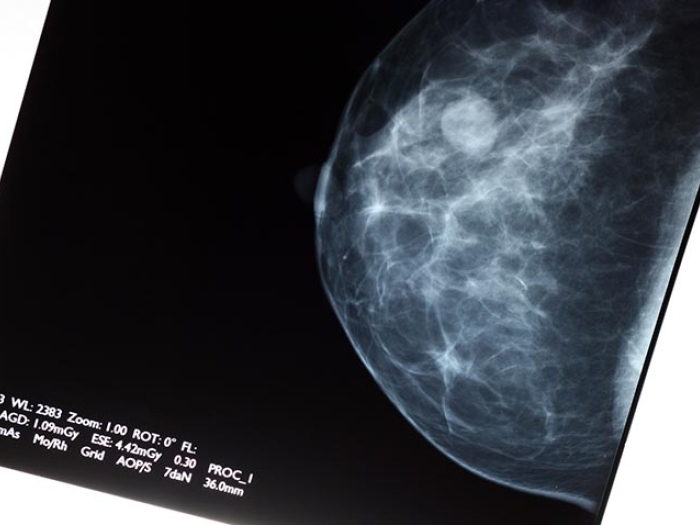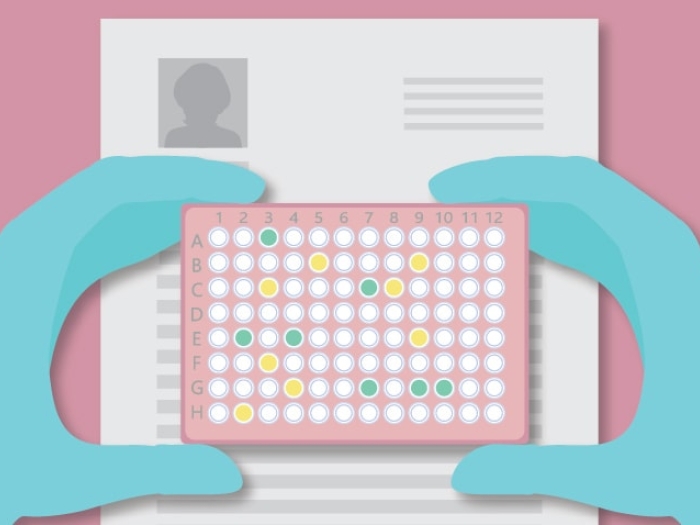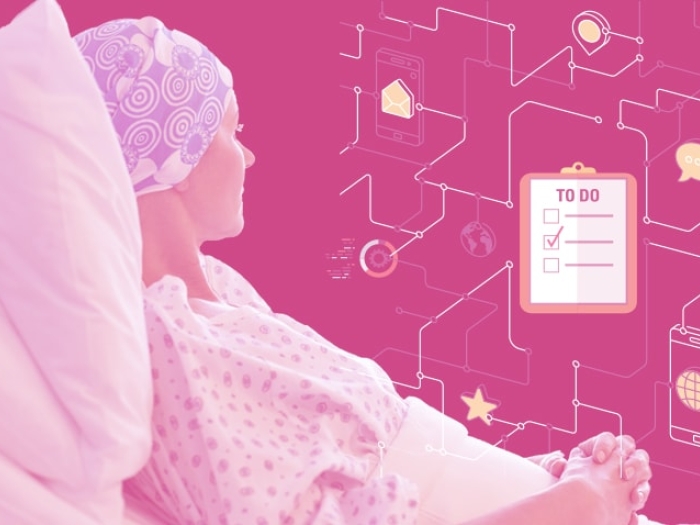Surgeon attitudes were the biggest driver of likelihood that patients receive contralateral prophylactic mastectomy, a new study finds.
11:00 AM
Author |

A woman's choice of surgeon plays a significant role in whether she's likely to receive an increasingly popular aggressive breast cancer surgery.
MORE FROM THE LAB: Subscribe to our weekly newsletter
The procedure, called contralateral prophylactic mastectomy or CPM, involves removing both breasts even when cancer is found only in one. It is seen to be strongly driven by patients' preferences.
A new study, published in JAMA Surgery, finds that surgeons had the strongest influence on the likelihood of a woman having CPM.
"Surgeons have huge influence on treatment, and with that comes ultimate responsibility to get it right with patients, even with a procedure that seems to be driven largely by patient preference," says senior study author Steven J. Katz, M.D., MPH, professor of medicine and of health management and policy at the University of Michigan.
Researchers surveyed 3,353 women with early stage breast cancer and matched them to 349 surgeons, who were also surveyed. About 16 percent of the women reported receiving CPM.
Surgeons were asked to assess a typical patient scenario and indicate what treatment they would recommend. From there, the researchers categorized surgeons based on most to least likely to favor breast conservation.
Surgeons also indicated whether they would perform CPM if the patient requested it. Responses were categorized based on most to least likely to perform the procedure.
The researchers found the surgeons' attitudes had a large impact on whether the patient received CPM.
"Two attitudes seem to explain the difference: how strongly the surgeon favors breast-conserving surgery and how reluctant the surgeon is to perform CPM," Katz says.
For surgeons who heavily favored breast-conserving surgery and were most reluctant to perform CPM, only 4 percent of their patients had CPM. For surgeons who least favored conservation and were most willing to do CPM, the rate was 34 percent.
"That difference is huge. Even for a procedure that is very patient-driven, we see that surgeons account for a lot of the variability in the community, and those surgeon attitudes really matter in terms of whether a patient does or does not get CPM," Katz says.
What drives CPM
The three most common reasons surgeons reported for performing double mastectomy if the patient requested it were to give patients peace of mind, avoid conflict and improve cosmetic outcomes.
SEE ALSO: How Decision-Making Habits Influence the Breast Cancer Treatment Decisions Women Consider
For most women with early stage breast cancer in one breast, removing the unaffected breast does not improve survival. Many experts question whether CPM in these women is overtreatment.
"More extensive treatment than is needed equals more harm and more side effects. There's a sea change going on among cancer doctors who increasingly recognize potential overtreatment and strive to reduce it," says study author Monica Morrow, M.D., chief of the breast surgical service at Memorial Sloan Kettering Cancer Center.
"If a patient does not feel 100 percent confident with what their doctor is discussing and recommending, they should seek a second opinion," Katz adds.

Explore a variety of healthcare news & stories by visiting the Health Lab home page for more articles.

Department of Communication at Michigan Medicine
Want top health & research news weekly? Sign up for Health Lab’s newsletters today!





